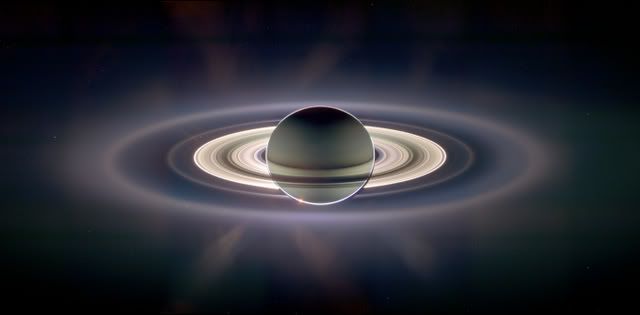Years ago, while attending a lecture by Jordan Maxwell, I recall him saying right from the get-go that everything today revolves around “Saturn worship.” Of course we always hear people saying that “this or that” is the main point, but I kept it in the back of my mind afterwards. I can say now that he was correct. Months ago I had wanted to make a series on Saturn, but I quickly found out that the more I learned.. the more I realized there was to learn. It would be a massive undertaking. It’s simply something that one must discover on their own, or not.
In
other words, I’m going to make something of a half–hearted attempt at
scratching the surface. The subject is so intertwined with other subjects that
it’s difficult to cut those connections off; also, facts and unsupported
speculation are eerily merged in a way that I have never seen before. Each
building block of truth requires much effort to prove just in themselves, which
is why this is really more of a personal journey for anyone interested.
I
recognize that there are two expressions of interest in Saturn. One facilitated
by elites, and one of merely seeking the historical truth about Saturn and
Earth interaction.. and accepting whatever findings as part of our collective
history. Unfortunately, the loud expressions of the former stands out greatly
and form a major distraction from the truthseeking process. Certainly ancient occult
Saturn symbolism is overwhelmingly part of popular culture, corporate logos,
governments, the court systems, art, and architecture.
The
Saturnian doctrine apparently idealizes something called “The Golden Age.” Not
a golden age, but The Golden Age. It’s not entirely clear of even what this
really is, but it may be the time of Atlantis, Lemuria, and perhaps other
highly advances cultures which could have existed from 11,000 to 15,000 years
ago. They were to have been destroyed by natural disasters, an asteroid, sudden
Earth changes, or warfare. It must have been something substantial since this
was clearly a type of “world culture” due to the common artifacts found all
over the world.
Cosmology
was seemingly a big part of the Golden Age, which could have existed under a
completely different sky. There’s a growing segment of the scientific community—especially
as a result of recent plasma research—which is accepting the “electric
universe” theory over the mainstream “gravity universe.” Electricity being the
force, and plasma the conductor. In this ancient sky, there were probably “two
Suns.” Saturn was a star in the northern sky, closer than today. Many of the
planets were to have been closer, and dramatic interactive electrical charges
between them were to have been visible from the Earth… forming “Cosmic wheels.”
These visual patterns could be the basis for many of the powerful ancient
symbols. For example, symbols of stick men with two dots originate from ancient
plasma discharges in the ancient solar system.
 If
all this sounds bizarre, then it would not be any more bizarre than the
obsession—past and present—with Saturn. The ancients actually knew features on
Saturn’s surface which they could not possibly have known under the current
understanding. Even the Sumerians, five to six thousand years ago, knew of all
of the planets. This seemingly would give them serious credibility, which would
seem to give their historical account of extraterrestrial contact and the
entire history of the Earth some credibility as well. How did the ancients know
of all of the planets, and even features on Saturn’s surface? I will get to
those features—which are the basis for much of the ancient Saturnian
symbolism—later on.
If
all this sounds bizarre, then it would not be any more bizarre than the
obsession—past and present—with Saturn. The ancients actually knew features on
Saturn’s surface which they could not possibly have known under the current
understanding. Even the Sumerians, five to six thousand years ago, knew of all
of the planets. This seemingly would give them serious credibility, which would
seem to give their historical account of extraterrestrial contact and the
entire history of the Earth some credibility as well. How did the ancients know
of all of the planets, and even features on Saturn’s surface? I will get to
those features—which are the basis for much of the ancient Saturnian
symbolism—later on.
Saturn,
Venus, Mars… these planets were very well known to the ancient civilizations.
Some of the theory of the electric universe could explain this, with many of
these planets having been much closer than they are today. This gathering of
planets so close to the earth, and the electric charges from planet to planet
may have been the source of much of the global mythologies. In other words… the
planets where the “gods and goddesses.” For example, the ancient goddess Inanna
was based on the planet Venus, and likely the “cosmic thunderbolts” which
surrounded it. "The Golden Age was when Heaven was close to the Earth.” At a
much later point, Islam adopted—not the Moon—but Venus as the bottom rocker “crescent”..
as this is how Venus was to have appeared in the ancient sky during The Golden Age, due to the
electrical interaction between Mars and Venus. Christianity and Islam were
built upon many earlier religions.
.



No comments:
Post a Comment